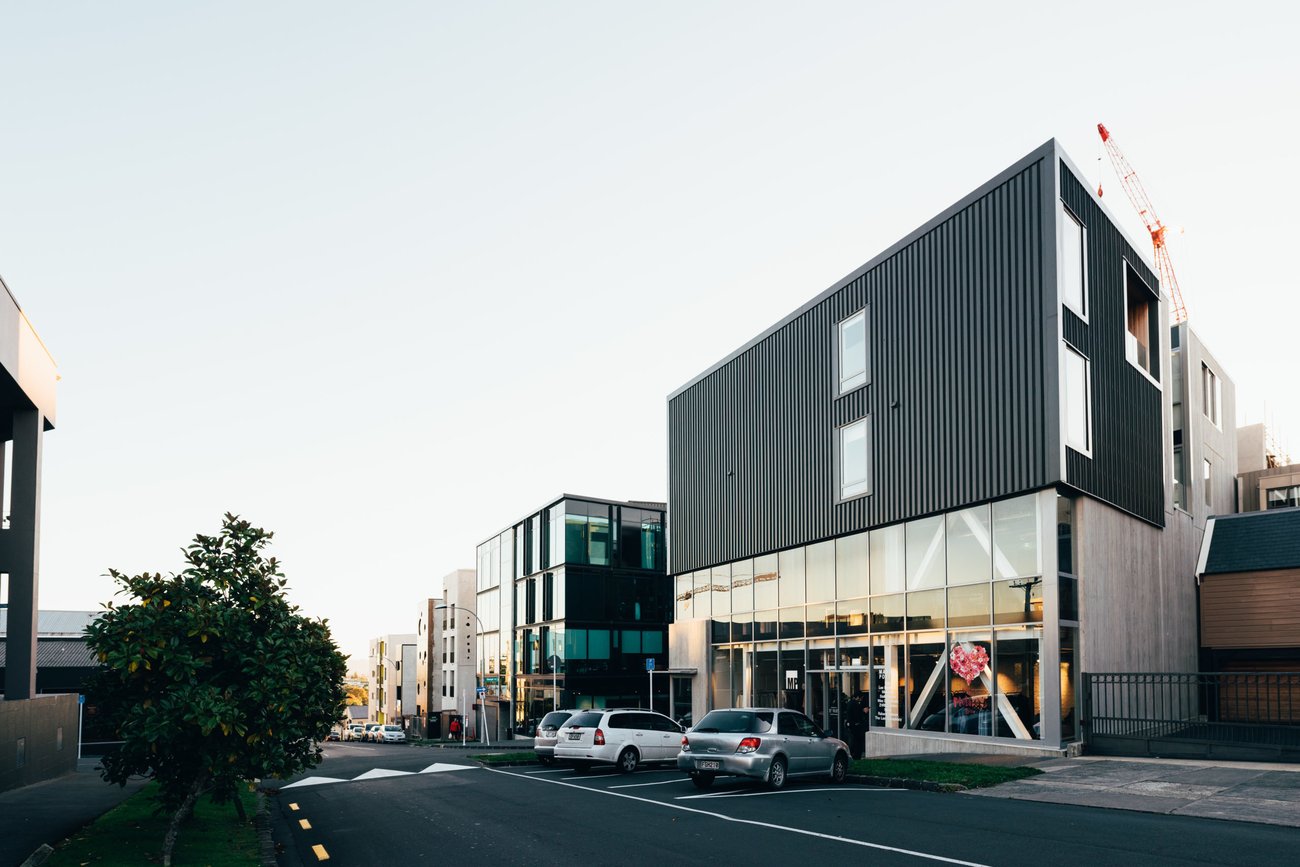
Have you noticed lately how many blogs, published articles and books are popping up on the subject of health and wellbeing? They all tell us to slow down, move around and eat better so we can live longer. All individual pursuits to fix the consequences of lifestyle choice. A bit like the old lady that swallowed a fly.
Despite all our clever little time saving gadgets and the sheer volume of self-help literature on tap, it appears we are busier than ever before; all this “rush, rush” resulting in little fragments of time all scattered to the wind like time confetti. We can shop online, eat raw veges, message friends and breathe deeply while commuting. But does this make us happier and less exhausted?
Recent research would suggest not. We are discovering that it’s actually our social game that counts. We are social animals, after all, and we need the love and support of other humans to thrive. We are all part of communities, and self-improvement can’t solve social problems. According to local studies like the Sovereign Wellbeing Index that compare measures of wellbeing with other nations, we fail miserably when it comes to knowing people in our local area- especially in the big cities and inner suburbs. And this is a major contributing factor to mental and physical wellbeing.
Perhaps we are spending less time socialising because we are time-poor. There are more mums and dads both working, kids in childcare, fragmented extended families, long days and long commutes – all to keep up with the rising costs of city life. Ironically, we spend more focused time with our kids than previous generations. More time driving them to soccer practice, music lessons and playdates. We structure the heck out of their play time and monitor their every move. Good parent box ticked. Or is it?
_large.png)
In previous generations, parents let their children roam the neighbourhood with our friends – riding bikes and climbing trees until dark. We love to regale our peers with stories of bullrush, spud guns and naughtiness. Independent mobility is a measure of how much free-ranging kids do in their neighbourhoods, and roaming range has decreased with every generation.
We know why it’s important for kids to get outside, get messy and play freely. It’s better for them physically, mentally and socially, and they learn to manage their own risk, which serves them well later in life. The Persil State of Play report tells us that New Zealand parents agree it’s important and good for our kids to roll around in the mud and build huts, but for some reason we are just not doing it.
Perhaps one of the reasons is unstructured time. Because we don’t spend enough time at home, in our street and in our neighbourhoods. Because we don’t spend time getting to know our neighbours, building social trust and relationships. Relying on each other like a village, because, after all, “it takes a village to raise a child”. We are more likely to let our kids out ‘into the wild’ if we know our neighbours, and they know our children, and collectively we keep an eye on the street. In some places like Japan this is culturally embedded in everyday life.
Maybe we have got it all wrong when we make the huge assumption that the hardest to reach people in our communities are the young ones, the elderly or the unemployed. These are all the ‘time-rich’ people, so are they not just ‘hanging out’ socialising all day? Not necessarily. Many are spending time alone, feeling socially isolated and lacking purpose. But why should they?

Helen Kerr.
According to one study by Susan Pinker it’s social support that makes us live longer – more than any other factor, including exercise and good eating. There are more centenarians on the Island of Sardinia, Italy, than anywhere else in the world. And their secret sauce is spending time together. So if this is massively important (and it is, because what can be more important than not dying?), how do we find time for those of us lacking it, and how do we bring together those who have time? We can’t glue all that time confetti back together, but we could get a massive fan and blow it all in one direction, preferably into one big pile.
Lots of little things add up to big things. A morning routine to the mailbox, a quiet street to play in, a safe walk to school, a seat in the sun, a job just down the road. If we live, work and play in compact villages where life happens in public spaces, where we can call on people we know, where the young and the old look after each other, and we share all the little ordinary things that happen in short bursts through the day, then maybe we are onto something. If lack of time is the enemy of community, then perhaps a compact urban village is the friend of time.




